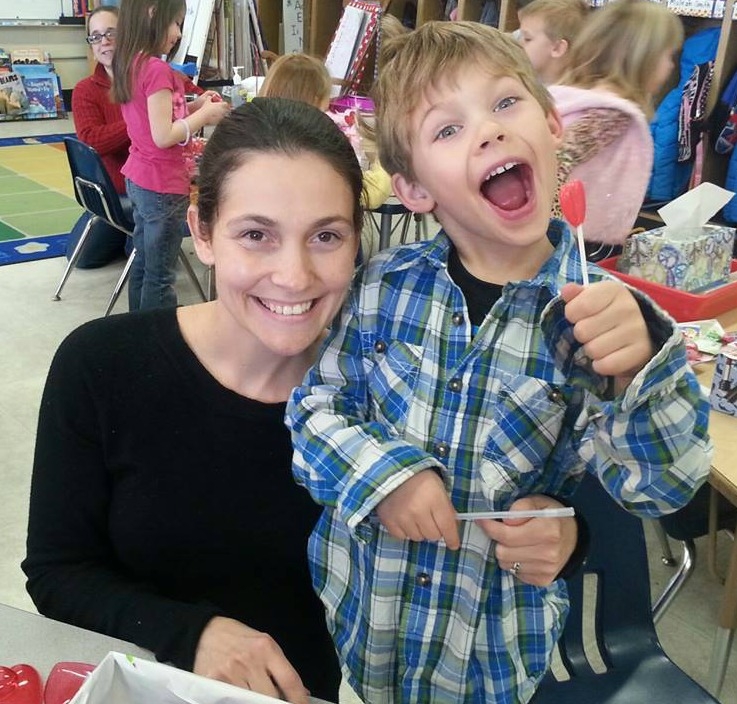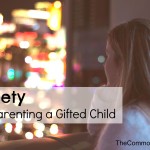That’s how I think many parents of gifted children think of themselves. The National Association of Gifted Children reports that the academically gifted make up approximately 6% of the K-12 students – so there just aren’t a lot of us.
I found out pretty early – as most of you have as well – that most of my friends, family, and teachers I know don’t really want to hear about the struggles I have with my gifted daughter who gets straight A’s. They don’t appreciate how hard it is to find appropriate reading material that’s when she’s reading and comprehending 8-10 years above her age.
Of course, while I’m trying to explain this to someone she running around talking “kitty-cat language”. Thank you asynchronous development.
When I attended our state’s gifted association’s state-wide conference this year I thought I’d finally get to meet all the other parents who were serious about getting things changed. I thought we’d talk about ways to improve our own kid’s experiences and pave the way for those to come. Except the parents didn’t show up.
Granted, there were some dedicated parents there and it was definitely worth my time. The conference planners did try: there was an entire day dedicated to parents on a weekend day. The location was convenient to all in the state and it was kid friendly. I brought my daughter and there were several other kids there.
But, seriously, I’ve seen more parents in the freezing cold to attend a pee-wee soccer game. I made a decision a long time ago to try not to judge other parents (and really – I don’t) but it was disappointing.
Seeing the low attendance is what drove me over the edge to become more engaged. So I started reaching out to other families with uncommon children in the blogosphere, on Facebook, Twitter, and Pinterest because that’s where we hangout anyway. Or am I alone in wasting time doing research on social media?
I know you’re out there silently biting your tongue as educators, politicians, and other parents tell you to stop worrying about your kids – they’re going to be just fine. After all, they’re gifted!
Silent No More
I’m NOT an expert, my daughter is NOT the girl with the highest IQ, and I’m probably NOT the most fed up mom going through this. But, I am committed to becoming more engaged in the conversation. And if the conversation isn’t happening – I’m committed to starting one.
So, that means educating myself and others. It means attending conferences when possible. It means joining my state’s gifted association and/or the NAGC. It means writing letters to school board members and politicians who control the funding that make a difference in my child’s education. It means becoming a resource to overworked and usually under-appreciated teachers. It means advocating for all gifted kids. It means being engaged.
How do you advocate for gifted children?










